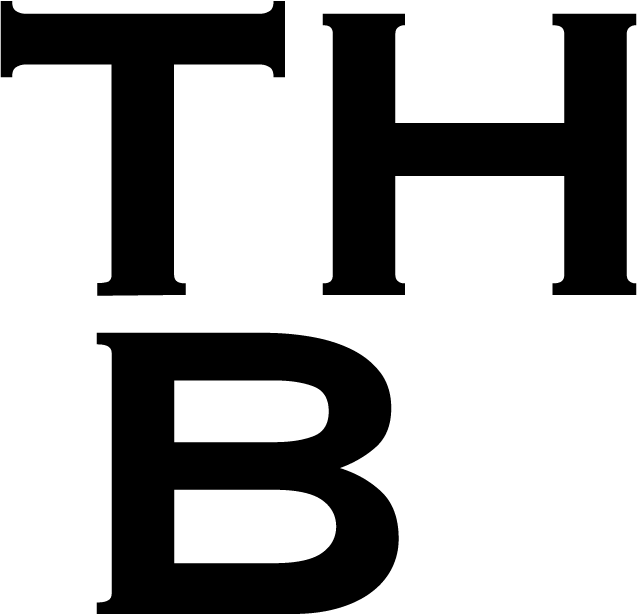
Stop consuming work & start creating talent
Let’s start with a preliminary statement: I am in no way supporting the idea that the most precise way to measure an education’s quality is to base it on how much one gets payed throughout a following career. But it makes one of my concerns more easy to explain:
In first world countries a possible correlation between learning and earning is usually seen as very straightforward and simple: the more formal education and the higher ranked the University attended, the better the following rewards for the rest of one’s career. Research suggests that each additional year of schooling is associated with an 8-13% rise in hourly earnings. Quite an argument!
A degree = A job, really?
In the time period between the financial crisis and the sanitary crises, the cost of leaving school early or not finishing higher education has become very visible in multiple cases. In most European countries, the unemployment rate steadily drops as you go up the educational ladder. The ongoing evolution towards an ever growing Gig-Economy and the possible irrelevance of infinite work contracts will only enhance this situation.
On one hand technology may strengthen the case for more formal education, as a lot of jobs made of routine tasks could easily be automated and therefore disappear. An increasing number of jobs will need greater cognitive skills. People with a formal Higher Education (HE) degree will therefore naturally shift into the lane that leads to higher-paying jobs, or bluntly said into the lane of jobs. On the other hand it is somehow critical to see that in the mentioned time frame the wages of university graduates have fallen by more than those without a degree. Meanwhile, tuition costs have been rising in double digit percentages. The return on investment of formal education for a student is getting lower and the once “sacro santo” access to highly payed jobs seems to vanish. Logically, as more people hold HE degrees its associated added value declines, becoming a new normal. How many times do education workers, as myself, face the fact that the job a student was able to get with a BA degree 5 years ago, now needs an MA degree with 5 years of operational experience. How many young pre-C-level executives start to enroll into MBA programs, just to give their already flattening career (and overdue pay-raise) another boost, another reason to happen?
In whatever area or job you are currently working, it is essential to acquire new skills as established ones become obsolete. The “New Work-environment” we are shifting into, will pivot the current understanding of a classic occupation into a never seen fluid combination of skills, creating so called “hybrid jobs” (Sigelman, 2017). Following more research, coding skills, for example, were not only being required for a job in the technology sector, already 3 years ago. In the US, 49% of online job-advertising postings in the sector of occupations with the highest pay were for jobs that frequently asked for coding skills, besides everything else of course. According to the Economist the composition of new jobs is also changing rapidly. Over the past few years, demand for data analysts has grown by over 350%; within that segment, demand for data-visualization skills has shot up by more than 2,500%.
Higher Education can’t keep up
Not quite the argument for formal Higher Education, as even the most proactive University cannot keep up with the exponential acceleration of computation, influencing everything, including the job market with it’s ever evolving skill-needs. Formal education (BA- or MA- Programs) does not answer the need for this continuous acquisition of new skills, especially as careers are getting longer and longer. Nor do Executive Learning programs with their courses on weekends once or twice a month. Even if most parts of them are online, remote and very flexible. Vocational or on-job extra training, be it offered by the company or obtained through a state funded program, may be good for giving people certain job-specific skills, but those, too, will need to be updated over and over again during a career lasting decades. A system leading to a never ending cycle of reaction, with or without accreditation, but surely without any real mid or longterm return on investment for the employee, as well as the company.
Companies today are in constant flux. It is somehow understandable that due to this change even employers are not always fully aware of what type of expertise or skills they need in their workforce. Also, the before mentioned evolution towards a Gig-Economy may allow a broader vision on how certain tasks or jobs could be done: from outsourcing or freelancing to automation et cetera. “Organizations have moved from creating talent to consuming work,” says Jonas Prising, a director at Manpower. Unfortunately, I would add that provider of Higher Education are taking a similar path, with more and more highly exclusive and specializing programs for a more and more highly exclusive cohort of students.
Rather than radically revise what type of skills to teach; when and where to do so; certain universities are way too often complacent in stating that they create “leaders of tomorrow”, without really trying to achieve this objective seriously.
I am the first to wish these statements to be true. But, why would over 90% of questioned millennials (Survey by Manpower, 2017) state that they were willing to spend their own money on further training, if their formal, very expensive education had really prepared them to “be a leader in the future”?
Working as a Lifelong-Learner
I want to somehow challenge and, why not, radically change education and how it approaches the entrance into the “real world job”. It may be the universities’ final move in a student’s career to connect with a company or to facilitate a job opportunity through placement, internships et cetera. Education, as I would like to see it provided, goes way beyond that. It represents the scaffolding for Learning and therefore knowledge.
“The ability to learn faster than your competitors might be the only sustainable competitive advantage.”
Arie de Geus
The ever increasing pace of change, following my example of Daft Punks song in a previous article, is more and more demanding, especially for executives. An HE background and a degree are still, more than ever, a prerequisite for many jobs. Still, employees do face the bitter prospect that their existing skills, the linear ones they learned in university, will become obsolete, often much earlier than wished. “It is now reasonable to ask a marketing professional to be able to develop algorithms,” says Mr Sigelman, “but a linear career in marketing doesn’t offer an opportunity to acquire those skills.”
Who, if not the company, is better positioned to deliver that knowledge through education, not training, by giving them a real value. Creating ROI for the employee as well as for the company by validating the skills with credits.
Learning needs to become a personal mode of enjoyment, a part of an employee’s daily work. It could be so much more than the “7 hour training program” the company “forces / offers “ us to watch twice a year or that three days off-site event, where we “learn how to learn (HBR, 2016)”. Education, as I understand it, also needs to be happing in a company, whenever somebody is working. Universities, with their way of how we generally deliver accreditation, will need to collaborate and follow.
References:
Andersen, E., Learning to Learn. (March, 2016), Harvard Business Review: link
Senge, P. M., The Fifth Discipline. (1990) Doubleday/Currency. New York.
Palmer, A., Lifelong learning is becoming an economic imperative. (January, 2017), The Economist: link

